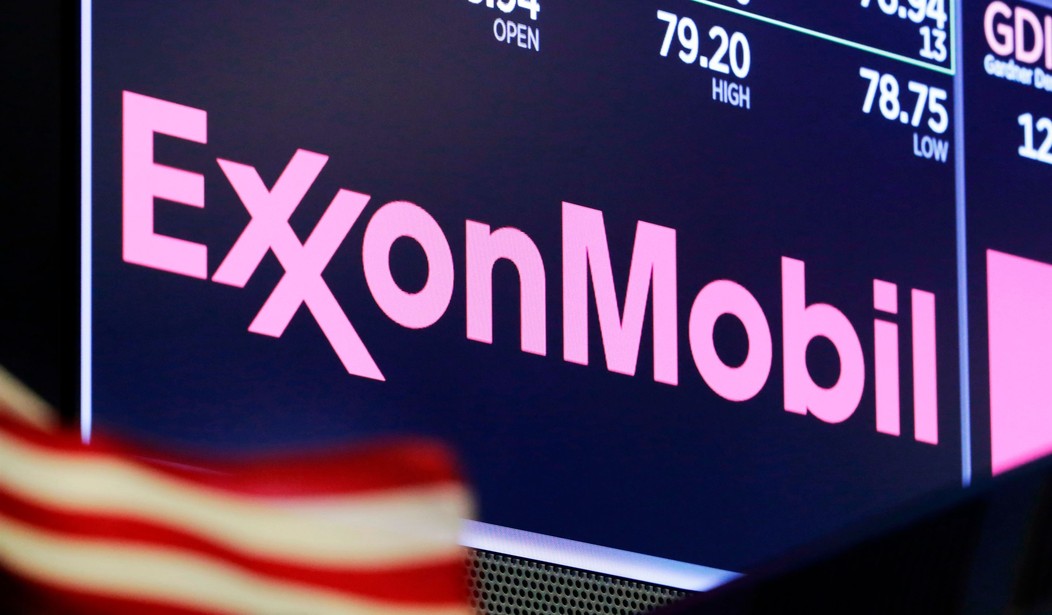The “#ExxonKnew” crusade should now be considered dead. In one of the highest profile fraud cases of the year, Manhattan Supreme Court Justice Barry Ostrager delivered a full-throated rebuke of the state’s case against one of the world’s largest energy companies, ExxonMobil. The claim levied against ExxonMobil hinged on the idea that investors were misled by the company’s climate change and risk assessment accounting practices.
The verdict, delivered on December 10, was the culmination of over four years of investigation, witness questioning, document review, and finally a three-week trial.
At the core of the case is a now notorious New York State law called the Martin Act. The Martin Act is a New York-specific statute that has recently found use as a political sledgehammer for the state attorney general. Originally passed by state lawmakers in 1921 as an anti-fraud measure to regulate the sale and trading of securities, the law was used sparingly until prosecutors found a new use for it: targeting major corporations for operations they don’t like.
To ensure its continued utility as a political tool, Governor Andrew Cuomo in August signed legislation that reinstated a six-year statute of limitations for the Martin Act, reversing a decision by the state’s highest court that pumped the brakes on the law.
In the case of ExxonMobil, the troublingly ambiguous Martin Act enabled the Attorney General’s office to maneuver its way through three separate legal theories which started under the now disgraced former Attorney General Eric Schneiderman. Schneiderman struggled to find any incriminating evidence to support his original claim, which started by alleging the company lied about climate science. In the end, the nebulousness of the Martin Act allowed the state to cast accusations at ExxonMobil and see what would stick.
Recommended
Never mind the obvious dangers of the Martin Act -- most especially the unfettered power given to investigate any company without evidence of wrongdoing -- at the heart of this claim against ExxonMobil is a serious offense to the state’s taxpayers. Countless taxpayer resources have been poured into the attorney general’s mission against Exxon and after four years of attempting to paint Exxon in a bad light, switching legal theories, questioning executives, and reviewed millions of documents, there remains nothing to show.
In fact, at the 11th hour, the New York Attorney General withdrew all but one of the claims that the energy company had allegedly deceived and misled investors. Even the three shareholder witnesses called to testify in the three-week trial could not credibly prove that they were deceived, nor that they had faced any material harm.
This withdrawal of charges is a clear admission that the attorney general’s case lacked evidence. In his verdict, Justice Ostrager even stated that “the Attorney General offered no testimony from any investor who claims to have been misled.”
Taxpayer dollars would have been better spent funding significant initiatives and meaningful solutions to combat climate challenge. Without meaningful change and effective solutions, the very people the state was aiming to protect -- the taxpaying public -- were the ones who hurt the most. The state’s attempts so far to diminish Exxon’s standing among the general public have turned out fruitless.
The evolution of this particular case, beginning with former Attorney General Schniederman’s original allegations, have been long and tedious. This latest lawsuit iteration, finally concluded this month, is just the most recent example of political bureaucrats leveraging their position of power for political points and disregarding the true needs of their communities.
This warped pattern of legal distortion is a disservice to New York’s taxpayers. New York state and the attorney general’s office are better off setting aside engagements in frivolous lawsuits against companies, and instead inviting the private sector to discuss innovation solutions towards combatting climate challenges.
It’s time New York stops this power of abuse once and for all.

























Join the conversation as a VIP Member